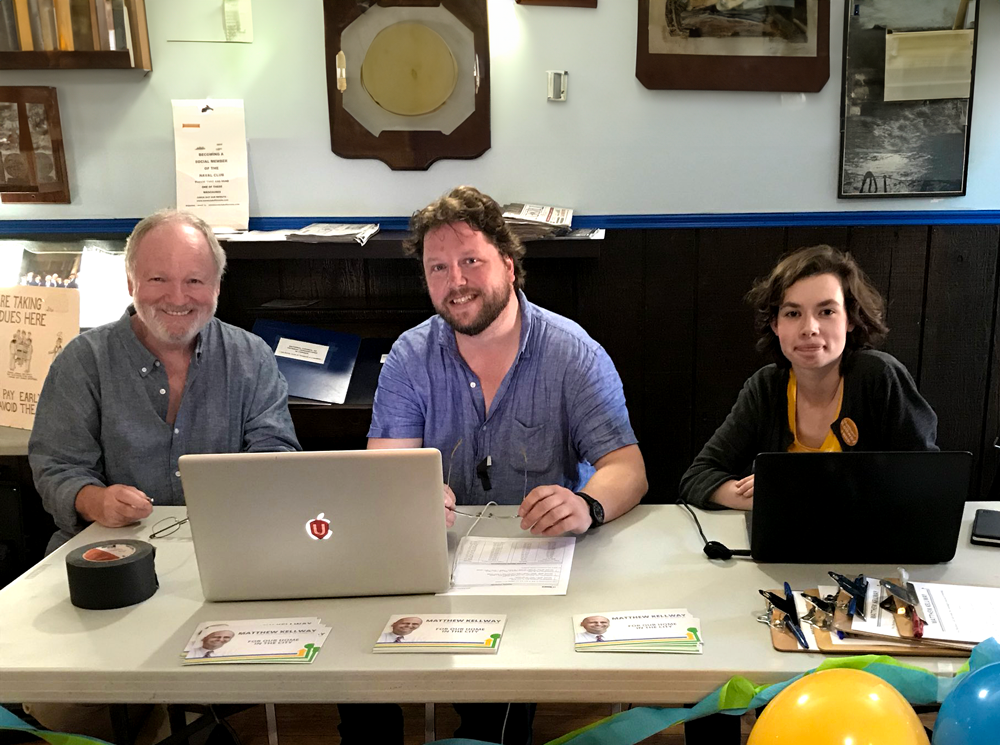Towards a Theory of Community Economic Development
Worldwide interest in community economic development has grown rapidly in recent years. There has been a blossoming of “how to” manuals, as well as analyses of co-operatives, development corporations, gender and CED, financing CED, planning CED, government and CED, etc. Yet, with a few exceptions, in all this discussion very little is said about the basic objective of CED: is it designed to fill holes left by capitalism or is it intended to replace it? There is equally little on a theory of CED – its rationale, modus operandi, successes, failures, strengths, and weaknesses. This book draws on several disciplines – particularly economics, sociology, and political studies – to assess the state of CED theory and to identify implicit theoretical issues for building that theory. It emphasizes the necessity to draw theoretical insights from each discipline, in the process showing the efficacy of inter-disciplinary approaches. It concludes with a discussion of both future theoretical directions and of what existing theory has to say about achieving a transformative CED.
John Loxley is Professor of Economics and Co-ordinator of Research, Global Political Economy Program, University of Manitoba, Canada. He specializes in international finance, international development and community economic development, particularly alternatives to orthodox economic theory and policy. He is the author of Alternative Budgets; Interdependence, Disequilibrium and Growth; and Debt and Disorder.













